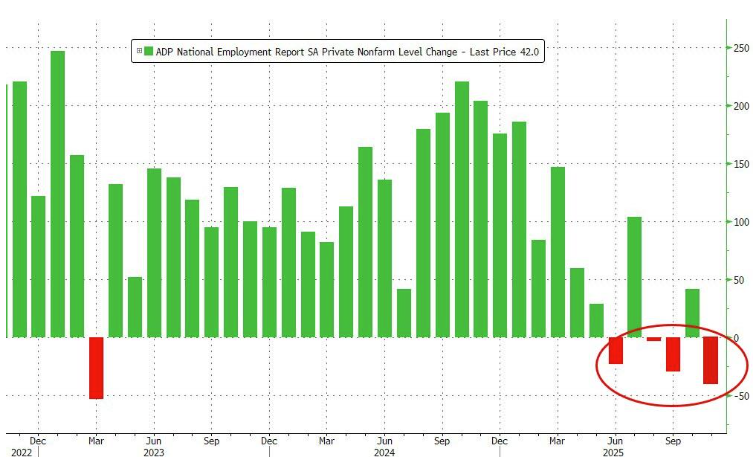Australia has started a sweeping trial to test how digital money could change the country’s financial industry.
On Thursday, Australia’s top bank, the Reserve Bank of Australia (RBA), unveiled the second phase of its digital currency pilot, Project Acacia. This phase lasts six months and is centered on wholesale use cases.
The trial will cover 24 scenarios with digital currencies, including stablecoins, bank-issued deposit tokens, and a pilot central bank digital currency (CBDC). Of these, 19 will be based on real financial transactions and five will be structured as virtual simulations.
These use cases span assets from a range of sectors, including fixed income, private markets, carbon credits, trade receivables, and new applications for accounts at the RBA. The idea is to experiment with how digital currencies and tokenization can make financial systems more efficient, secure, and transparent.
The RBA spearheads the initiative with the Digital Finance Cooperative Research Centre (DFCRC), which was made public last November. A verdict in the trial is not anticipated until early 2026.
Major banks lead digital currency pilot
Australia’s biggest banks are in the spotlight of the digital currency trial. Three of the ‘big four’ banks, the Commonwealth Bank (CBA), ANZ, and Westpac, are all participating, focusing on specific use cases relevant to their experience and skills.
In partnership with JPMorgan, CBA is running a pilot on the repo market, which involves short-term loans backed by government securities. The transactions are a key part of liquidity management and the execution of monetary policy.
According to Sophie Gilder, CBA’s Head of Blockchain and Digital Assets, “The repo market, with its critical role in liquidity management and monetary policy implementation, represents an ideal starting point for this exploration.” The objective is to test whether blockchain-based tokens can reduce friction, decrease risk, and foster market liquidity.
ANZ, meanwhile, is trialling tokenized trade payables and looking to solve long-term problems associated with working capital and cash flow within supply chains. By transforming invoices into negotiable digital tokens, businesses — particularly small suppliers — could get paid more quickly and cleanly.
ANZ is also experimenting with how a wholesale CBDC can enable real-time and secure settlement in the fixed-income market. This could save much time and money on bonds and other trading.
Westpac is also participating in the trial, but the details of their involvement are not yet known. But the bank has consistently contributed to and participated in blockchain pilots—it is keen on the space.
Regulators loosen rules to support innovation
The trial has been made possible thanks to temporary relief from certain legal and regulatory obligations provided to the Australian authorities.
The Australian Securities and Investments Commission (ASIC) has also worked with the RBA and DFCRC to approve participants to experiment with testing transactions for other digital assets not currently regulated under financial regulations.
ASIC Commissioner Kate O’Rourke said the regulator sees strong potential in distributed ledger technology (DLT), especially its ability to streamline financial market infrastructure and remove inefficiencies.
She explained that the regulatory flexibility would allow these technologies to be tested safely, enabling participants to explore new opportunities while identifying and addressing potential risks.
This sandbox is a wing of a developer’s imagination to play about and experiment without breaking any laws. It also gives important information that will influence how Australia will respond to digital asset regulations in the future.
The project is being introduced as part of the continued push by the Australian government to police the crypto space more generally. In March 2025, the Labour-led government published a consultation to introduce crypto exchanges and service providers under the current financial service laws regime to increase consumer protection and promote financial stability.
Australia has also experienced de-banking , which happens when traditional banks cease providing services to firms in the crypto sector. The government has promised to consult with banks to understand better the matter and how to respond, focusing on finding a balance between innovation and controlling risk.
Cryptopolitan Academy: Coming Soon - A New Way to Earn Passive Income with DeFi in 2025. Learn More


